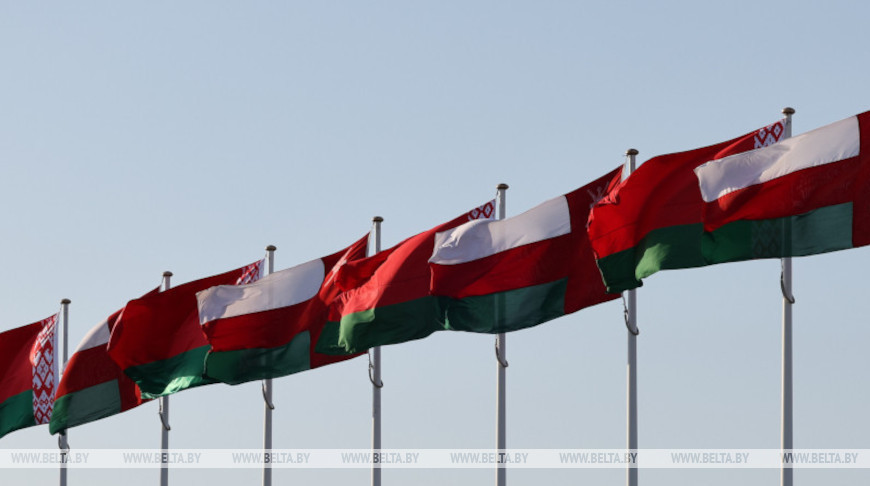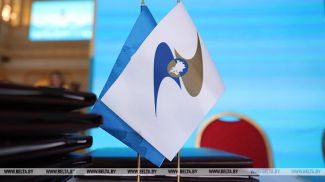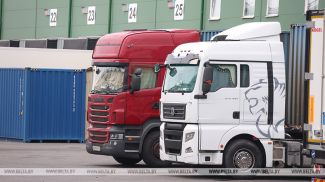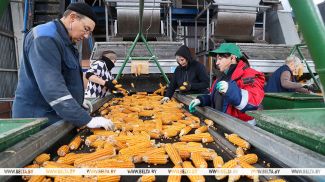
MINSK, 4 May (BelTA) - Economic expert, head of the Aksios educational center of Giprosvyaz Yuliya Abukhovich named the areas of cooperation with Oman that are most relevant to Belarus, BelTA has learned.
"In the short term, Belarus and Oman need to enhance their trade and economic cooperation using a model that has proven successful in other countries Belarus has partnered with. One of Oman's key priorities is strengthening food security. Oman can invest in Belarus' agricultural sector and, in return, receive products that can be supplied not only to Oman but also to neighboring countries," Yuliya Abukhovich said
Annually, Oman imports food products worth over $5 billion, accounting for about 10-12% of its total imports. "The dependence on global market conditions for agricultural products and food slows the development of the food industry, hospitality, and tourism sectors both in Oman and across the whole Middle East. Oman and its neighbors are particularly interested in supplies of poultry meat, eggs, and dairy products such as skimmed and whole milk powder, butter, dry whey, and cheeses," the expert explained. “Beyond food imports, Oman has also purchased Belarusian potash fertilizers and control and measuring devices. However, trade turnover is still relatively small, averaging around $1 million per year, with Belarus maintaining a positive trade balance. Oman primarily exports oil and gas, which Belarus sources from its neighboring countries.”
As for prospects of Belarus-Oman trade and investment cooperation, in addition to the already noted need for food in Oman, the economist referred to the country's national development program Vision 2040, which aims to boost non-oil sectors such as mining, logistics, tourism, and transport, transforming Oman into a knowledge-based economy.
"These upcoming changes are of interest to Belarus as well," Yuliya Abukhovich emphasized. "Oman is not just a market: it serves as a gateway for trade and transport and logistics operations spanning vast areas along the Indian Ocean coastline. The ports of Muscat and Salalah provide entry points to markets in the Persian Gulf, the Middle East, the Far Eat, East Africa, and South Asia."













